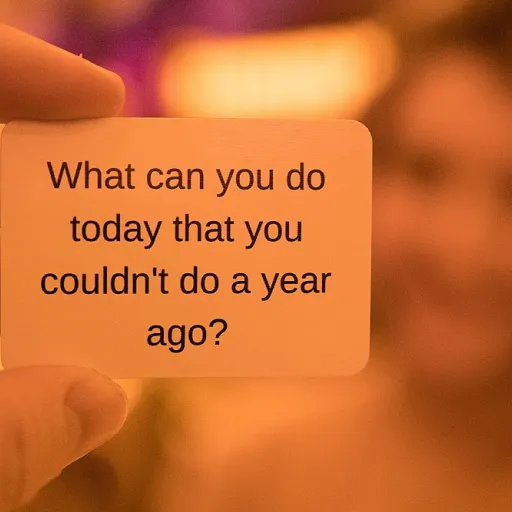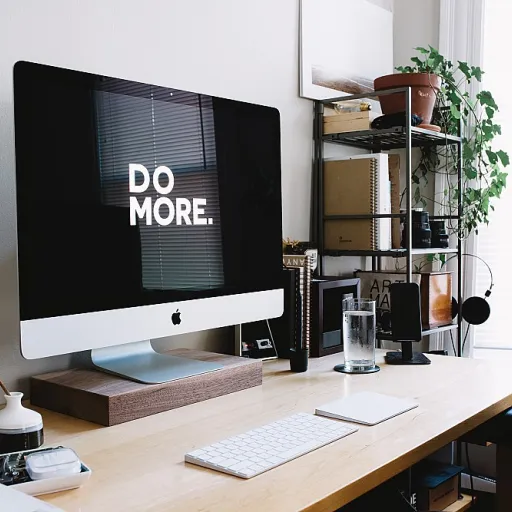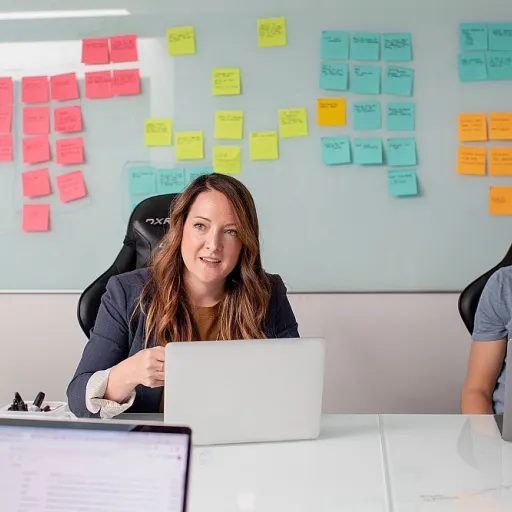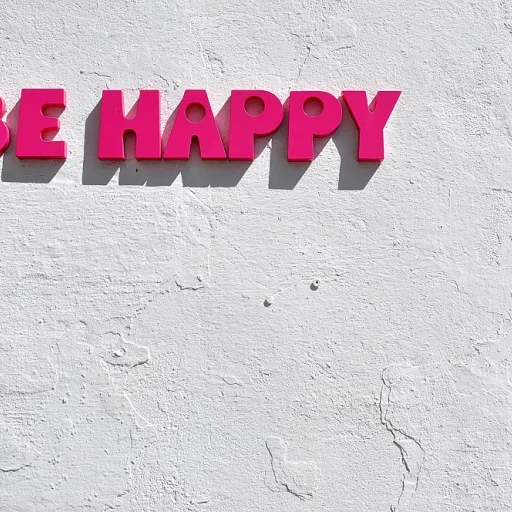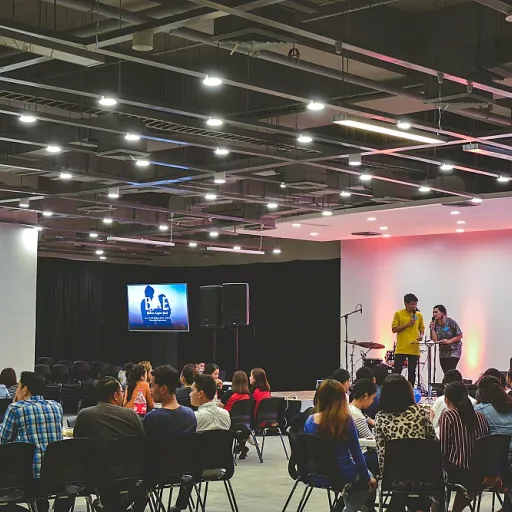Defining a Working Interview
Decoding the Working Interview
The working interview, a concept that might be unfamiliar to some, serves as an innovative twist on the traditional job interview. Unlike conventional interviews where candidates engage in theoretical discussions or hypothetical scenarios, a working interview focuses on real tasks the candidate would perform in the job role. This process helps both the candidate and the potential employer get a genuine feel for what day-to-day work would involve.
The hiring process can be quite challenging for companies and candidates alike. Enter the working interview—a practical segment of the recruitment journey that lets candidates demonstrate their skills in a realistic setting. This approach enables employers to assess candidates more effectively by observing their performance on actual job duties. Not only does this benefit the company in making informed decisions, but it also provides candidates a direct insight into the role and what to expect from the work environment.
Unlike a traditional interview, where questions working around past experiences and situational behaviors dominate, the working interview allows candidates to step into the workspace and engage with the tasks they'll be handling if hired. It acts as a mutual assessment: candidates working alongside the existing team, gauging the company culture, and understanding the role's demands.
Working interviews are particularly beneficial in roles where practical skills and direct line performance are critical. They help bridge the gap between candidate skills presented in resumes and how these skills translate in a real-world context. By observing candidates perform tasks collaboratively, companies can identify good fits for their teams more precisely.
Moreover, potential employers should consider how these interviews integrate into their hiring strategy. While they can streamline the process and solidify decision-making, it's also crucial to address potential challenges and ensure a positive experience for all parties involved. Understanding the role of interim management in these interviews can further enhance the overall employee experience and assist employers in maintaining a productive hiring process. For a more detailed analysis on this aspect, explore
the role of interim management.
In the following sections, we'll delve into the benefits, challenges, and preparatory steps essential for a successful working interview. These insights will further illuminate how this format impacts the overall employee experience and offers a comprehensive view into modern hiring methodologies.
The Benefits of a Working Interview
Advantages for Both Employers and Candidates
The working interview provides several significant benefits for both the company and potential hires. Traditional interview methods often focus on assessing a candidate’s background and personality, but the working interview takes it a step further by evaluating practical skills in real-time.
- Real-World Skills Assessment: One of the primary advantages is the ability for employers to assess candidate skills directly aligned with the job duties. This live evaluation can be more informative than relying solely on resumes or verbal assurances in a typical interview.
- Candidates Demonstrating Capabilities: Candidates get a unique platform to showcase their abilities beyond conversation. It allows them to perform tasks related to the role, giving the potential employer a clear idea of what to expect regarding skills and work ethic.
- Candidate Experience: From the candidate's perspective, the interview process becomes more engaging and realistic, offering them a chance to judge if the company and team align with their personal and professional goals, ultimately influencing their decision to join the company.
- Mutual Fit Exploration: The working interview helps both parties determine if there’s a good fit. For employers, it’s a chance to see firsthand how well a candidate integrates with the team and culture. For candidates, it offers insight into the workplace dynamics they might soon be a part of.
- Streamlining the Hiring Process: Employers can make quicker, more accurate hiring decisions, reducing the time and resources spent on extended interviews and guesswork about a candidate's potential performance.
This interactive and dynamic method benefits organizations that want to enhance their employee experience by ensuring that new hires align with strategic goals and fit culturally. Such alignment not only aids in optimal performance but also fosters an environment where employees are more likely to thrive, as supported by research on
HR professionals' impact on employee experience.
Challenges and Considerations
Navigating Challenges and Key Considerations
Conducting a working interview undeniably presents unique opportunities, but it’s also accompanied by specific challenges and considerations both for candidates and employers. Understanding these intricacies is crucial for maximizing the effectiveness of the process.
Firstly, consider the
logistics and time commitment involved. Each company must decide on the appropriate length for the working interview. Will it be a few hours, a full day, or perhaps even longer? Companies should carefully plan the timing to ensure the interview helps evaluate candidate skills effectively without being onerous.
The question of
compensation for the working period can present a dilemma. While candidates are getting a trial run for the potential role, the work done still provides value to the company. Clear communication about the expectations for compensation is vital to prevent misunderstandings.
Moreover,
legal and ethical considerations cannot be overlooked. Employment laws vary by region and must be followed closely to avoid missteps that could lead to legal trouble. Candidates should be informed about what tasks they will perform and how they contribute to the hiring process.
A significant challenge is ensuring that the working interview genuinely reflects the role. The tasks assigned should mirror real job duties, offering the candidates an authentic experience of what to expect in their day-to-day work should they be hired.
Finally, be prepared for potential disruptions within your team. A new candidate performing alongside permanent staff may require adjustments in team dynamics. The candidate’s fit within the team culture is just as important as technical skills, and it's an aspect that a working interview aims to assess.
By framing the working interview within these contexts and considering these aspects with care, both employers and candidates can navigate the process more smoothly, leading to a better fit and enhancing the overall employee experience. Employers seeking to deepen this understanding may explore resources on
enhancing employee experience through effective workplace networks.
Preparing for a Working Interview
Getting Ready for the Practical Evaluation
To excel in a working interview, preparation is key. The process involves more than just showing up and performing tasks; it's about demonstrating your skills in real-time. Knowing what to expect and how to present yourself can make a significant difference.
Firstly, familiarize yourself with the company and understand the role you're applying for. Research the team and learn about the typical job duties associated with the position. This will help you anticipate the tasks you might be asked to perform during the interview. Understanding the company’s culture can also guide you in aligning your approach to match the company's values.
Next, practice the specific skills that are relevant to the job. If the role involves specific tools or software, make sure you're comfortable using them. Preparing for a working interview is like preparing for a combination of a traditional interview and a day at work.
Consider the logistics of the day. Know the location, schedule, and any materials you need to bring. This will ensure you are punctual and come across as organized, which is crucial when trying to make a good first impression.
During the interview, you’ll likely have the opportunity to ask questions. Prepare thoughtful questions about the role and the expectations. This will show your potential employer that you're serious about the position and are considering how you can contribute to the team.
Lastly, don't forget to think about compensation discussions in advance. Knowing your worth in relation to the tasks and role you're being considered for can help you navigate this conversation if it comes up during the interview process.
Preparation not only sets you up for success but also helps ease any nerves, allowing you to focus on showcasing your full potential as a good fit for the company.
Employer Best Practices
Effective Practices Employers Should Adopt
When it comes to ensuring a smooth working interview, employers play a crucial role in setting the stage. Adopting effective practices can materially benefit both the company and the candidate. Here’s a guide to what employers should focus on:
- Clearly Define Job Duties: Providing candidates with a clear understanding of what the role entails is the first step in setting expectations. Outline the tasks and responsibilities they will be asked to perform during the working interview.
- Ensure Fair Compensation: Unlike traditional interviews, working interviews often require candidates to perform actual tasks or projects. Fairly compensating them for their time can enhance the candidate experience and demonstrate the company’s commitment to transparency and fairness.
- Prepare Your Team: A working interview provides an opportunity to see how candidates interact within a team setting. Ensure that current team members understand the purpose of the interview and can provide constructive feedback on the candidate's performance.
- Clarify Expectations: Before the interview begins, communicate what you expect the candidate to accomplish. This will help in objectively assessing whether the candidate is a good fit based on their ability to perform the designated tasks.
- Exercise Sensitivity and Confidentiality: Remember that candidates might already be employed elsewhere. Scheduling flexibility and maintaining confidentiality can significantly enhance their working interview experience.
- Solicit Feedback: After the interview, gather insights from both candidates and team members to inform future working interviews. Understanding their experiences can help refine the process, benefiting the company’s hiring strategy in the long run.
By thoughtfully engaging with these best practices, employers not only refine their hiring process but also contribute to a positive employee experience from the onset. As companies look to hire the right candidates, aligning practices with these guidelines can yield a more effective and productive interview process.
Impact on Employee Experience
Transforming Employee Experience Through Working Interviews
The impact of a working interview on employee experience is substantial. Compared to a traditional interview, where candidates might only have the chance to articulate their skills verbally, a working interview allows candidates to practically engage with the job duties. This engagement provides a thorough assessment of the candidate's skills and helps ensure a good fit within the company culture and team dynamics.
Working interviews also facilitate better interaction between potential employees and existing team members. This interaction is crucial in determining not just if a candidate can perform tasks effectively but also if they can collaborate well with the team, which is a vital component of the overall work environment.
From an employee experience perspective, the working interview process allows candidates to gain a clear understanding of what the role will entail. It provides insight into the day-to-day tasks and responsibilities, setting realistic job expectations and reducing misalignments once they are hired. Moreover, experiencing the company's work atmosphere first-hand assists candidates in deciding whether the potential employer aligns with their personal and professional values.
Navigating the interview working scenario might initially seem challenging due to the dual focus on candidate abilities and role fit. Yet, as candidates perform the tasks assigned to them during this process, it offers them, as well as hiring teams, an authentic perspective on the expected work outcomes. This hands-on approach also allows both parties to discuss any expected compensation fittingly, ensuring that everything is transparent before a formal offer is made.
Ultimately, a well-conducted working interview can significantly enhance the new hire's transition into their role, by minimizing surprises and reaffirming their decision to join the company. This smooth pickup in the job interview process has proven results in uplifting the overall employee experience, fostering satisfaction, and promoting long-term productivity.








